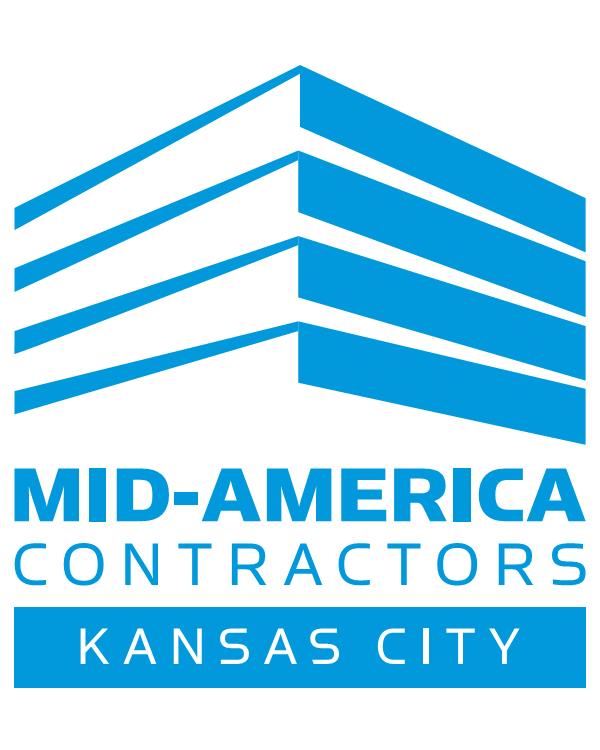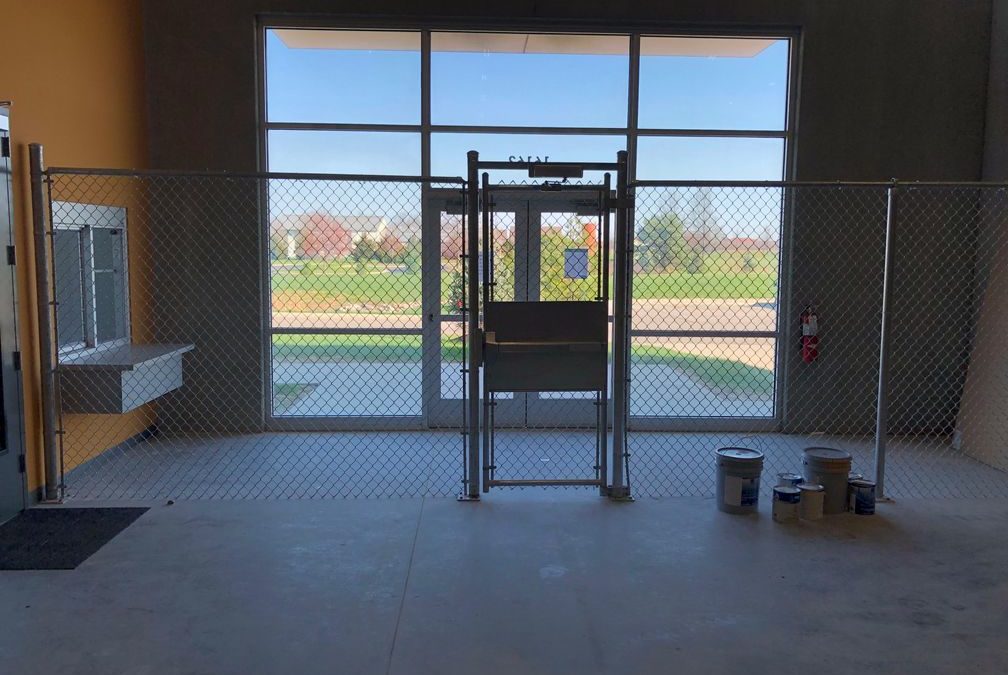1. ASK QUESTIONS –Your contractor is experienced and they do not expect you to know everything. Don’t be afraid to ask questions. Asking questions and clarifications early-on can reduce the amount of changes that might be required or desired during the construction process. It will also help you understand the process and why each step is required. Below are a few suggested questions to ask:
- What is the approval process in my jurisdiction?
- When can I anticipate city officials approving my project?
- What additional fees can I expect?
2. COMMUNICATION – Having a good relationship with your project team and having an open dialogue is key. Having a point of contact between you and the construction team makes the communication process easier. Use technology to communicate. Using a program such as, a cloud-base construction management software program is ideal. This can allow you, your project manager, field team and architect to communicate effectively and all in one place.
3. MEETINGS – In the approval stage, attend all public hearings that have your project on the agenda, such as the zoning and planning commissions and city council meetings. During construction have a weekly or bi-weekly team meeting at the job site. If this isn’t feasible have a routine scheduled conference call. Include key people, such as the owner, construction manager, architect and subcontractors. This will ensure everyone is on the same page and will keep the project moving forward. This is a good time to ask questions too.
4. SCHEDULING – Set a target date for completion prior to starting construction. This will give your project team a completion goal to work towards. Have your contractor create a tentative schedule for the duration of the project. This way you will have an idea of the process it takes to build or renovate your space. Building materials can sometimes take longer than expected to be delivered, especially if your project includes custom made items. Be prepared that scheduling might not go as planned. Have your contractor update the schedule monthly, as needed.
5. PREPARE FOR THE UNKNOWN – In most cases construction goes as planned, however, there can be unexpected delays. If you’re renovating a building, you might find that the existing building plans or underground utilities aren’t as specified or a record of it can’t be found. Most likely you will see this in an older building. Mother Nature doesn’t always cooperate as we hoped, rain, snow and extreme hot and cold temperatures can impact construction as well.
6. PLAN AHEAD – If you need your project completed by a certain date allow plenty of time for the approval process. Approvals can sometimes take up to 6-9 months before construction can begin. Getting approvals from city officials might take longer than expected and they might require you to make improvements to your site that you weren’t planning. Obtaining approvals through government municipalities can be timely and costly. Depending on your type of project, you might want to consider choosing a construction contractor prior to the approval process and one that can help navigate you through the system. Additionally, plan accordingly if you’re renovating or adding to your current building and planning on operating your business as normal. Have a team meeting to discuss the moving details or the possibility of increased traffic, dust and noise, and large equipment on site. Problem solve the best solution to reduce interruptions to your day-to-day operations during construction. Have your construction team meet with your employees to answer questions if needed.
We understand that building ground up, renovating or adding to an existing office building can take time and can be stressful. There is a lot to understand. For more tips on the commercial construction process, contact MAC today!

